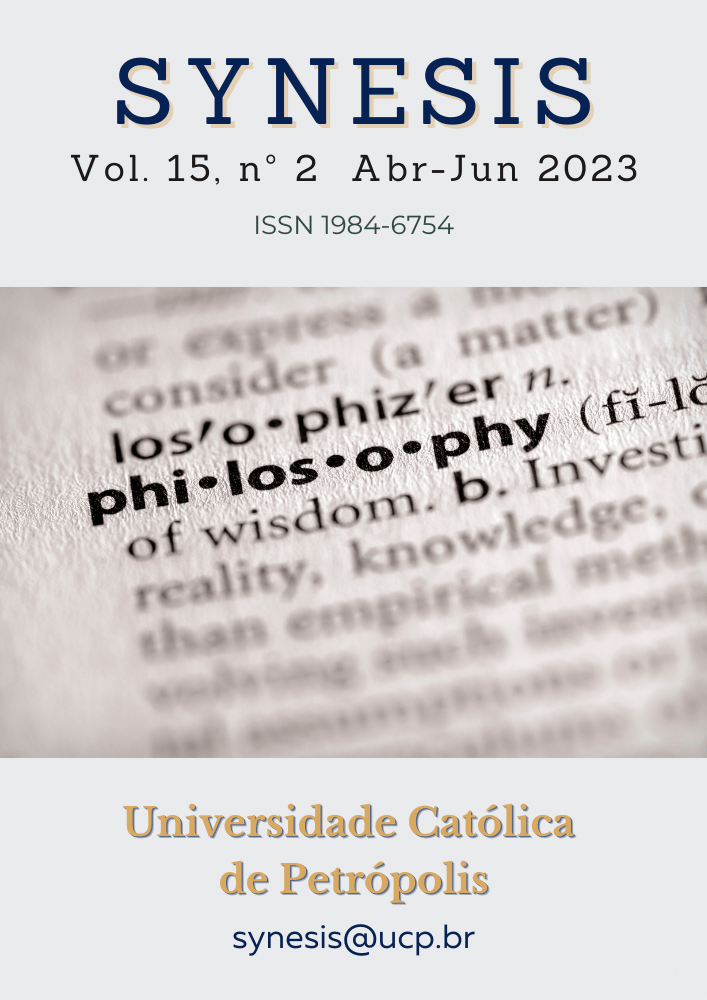Abstract
This paper demonstrates that Chiang Wei-Shui蒋渭水 (1891-1931) is faithful to the Chinese national identity by combing the historical texts. His main goal was to resist Japanese colonial rule, pursue Taiwan's return to its motherland and complete the reunification of China. Chiang Wei-Shui was a famous politician in Taiwan during the Japanese Occupation. In the history of the Chinese national movement in Taiwan, Chiang Wei-Shui was the most influential political activist who could sting the Japanese colonists and awaken the Chinese national consciousness of the Taiwanese. However, in the confrontation between unification and independence in contemporary Taiwan society, separatists manipulated him as a representative of "Taiwan independence", distorting his real national identity. Moreover, Taiwan’s independence is now a mainstream political position in Taiwan. Some politicians and scholars invent traditions for political purposes, but few people seek historical authenticity. I believe that researchers should strive to get rid of the influence of politics and pursue pure scholarship, which is why I am researching this topic.
References
Barth, F. (Ed.). (1969). Ethnic Groups and Boundaries: The Social Organization of Culture Difference. Boston: Little Brown & Co. https://www.amazon.com/Ethnic-Boundaries-Organization-Culture-Difference/dp/B001E3C1HW
Barthes, R. (1972). Mythologies. New York: the Noonday Press. https://archive.org/details/barthes-roland-mythologies-en-1972
Cai, P. (1982). The Movements History of Taiwanese. Taipei: Independence Evening Post. http://nbinet3.ncl.edu.tw/record=b14831742*cht
Chen, X. (2011). Intertwined with the Chinese in Taiwan: Ideology and Practice of the Chiang Wei-Shui Anti-colonial Struggles. Taiwan Research Journal(2), 54-60. https://kns.cnki.net/kcms2/article/abstract?v=3uoqIhG8C44YLTlOAiTRKgchrJ08w1e7tvjWANqNvp_h02JkFSCiXbOJ3NEazzBiRBNeyJPWM48cFTfONbO4lnQuHVxgLqQl&uniplatform=NZKPT&src=copy
Chiang, W. (2005). Clinical Lecture Notes---Diagnosis of a Patient named Taiwan. In X. Wang (Ed.), Complete Works of Chiang Wei-Shui. Taipei: Straits Academic Press. http://nbinet3.ncl.edu.tw/record=b12788470*cht
Huang, H. (2006a). Congratulations on the History of Taiwan. In Y. Wang (Ed.), Festschrift of Chiang Wei-Shui. Taipei: Taiwan Research Foundation. http://nbinet3.ncl.edu.tw/record=b10511859*cht
Huang, H. (2006b). Biography of Chiang Wei-Shui: Sun Yat-sen of Taiwan. Taipei: China Times Publishing Co. http://nbinet3.ncl.edu.tw/record=b8811396*cht
Huang, H. (2006c). Chiang Wei-Shui, Lee Teng-Hui, Chen Shui-Bian: Their Time and China. In Y. Wang (Ed.), Festschrift of Chiang Wei-Shui. Taipei: Taiwan Research Foundation. http://nbinet3.ncl.edu.tw/record=b10511859*cht
Lin, C., & Tseng, C. (2014). Resistance Spirit: The Underground Stream and the Main Stream in the History of Taiwan. The Journal of Chinese Public Administration (15), 205-225. http://doi.org/10.6712/JCPA
Lin, H. (2001). Lin Hsien-tang Diary (Vol. 3). Taipei: Institute of Taiwan History at Academia Sinica. http://nbinet3.ncl.edu.tw/record=b8947066*cht
Liu, W. (Ed.). (2018). The Taiwan Minpao (Vol. 2). Tainan: National Museum of Taiwan History. https://metadata.ncl.edu.tw/blstkmc/blstkm?00110ABFF9C00A0200000000000600A000000001000000000^#tudorkmtop
Ma, T. (2016). The Difference and Development of National Objectivism and Subjectivism Judging from the Construction and Differentiation of Taiya People in Taiwan. Journal of Southwest Minzu University(6), 1-8. https://kns.cnki.net/kcms2/article/abstract?v=3uoqIhG8C44YLTlOAiTRKibYlV5Vjs7ijP0rjQD-AVm8oHBO0FTadlOUsN4sdhpF5-AHMuiSvG0Bn4Ii1MDmPNWk83mpKSi4&uniplatform=NZKPT
PBGT. (2006a). A History of Social Movements in Taiwan(Vol.1 of Culture Movement). Taipei: Straits Academic Press. http://nbinet3.ncl.edu.tw/record=b12788456*cht
PBGT. (2006b). A History of Social Movements in Taiwan (Vol.2 of Political Movement). Taipei: Straits Academic Press. http://nbinet3.ncl.edu.tw/record=b12788483*cht
Qi, J. (2015). The Taiwan People Armed against Japan. Taipei: Qi Jialin. http://nbinet3.ncl.edu.tw/record=b15139540*cht
Saussure, F. (2011). Course in General Linguistics. New York: Columbia University Press. http://cup.columbia.edu/book/course-in-general-linguistics/9780231157261
Shoufu. (2007). You Si-Kun Is a Betrayer of Chiang Wei-Shui. Straits Review Monthly(201), 5. DOI: 10.29925/SRM.200709.0002
Su, B. (1980). Modern History of Taiwanese in 400 Years. Taipei: Peng Island Culture Company. http://nbinet3.ncl.edu.tw/record=b8575187*cht
Wang, X. (1988). Taiwan History and Taiwanese. Taipei: The Grand East Book CO. https://metadata.ncl.edu.tw/blstkmc/blstkm?001C465064AD010200000000000100A000000001000000000^#tudorkmtop
Wang, X. (Ed.). (2005). Complete Works of Chiang Wei-Shui (Vol. 1). Taipei: Straits Academic Press. http://nbinet3.ncl.edu.tw/record=b12788470*cht
Weng, Q. (1990). Biography of Weng Junming. Taipei: Publishing Department of Joongang Daily. http://nbinet3.ncl.edu.tw/record=b1382592*cht
Ye, R. (2000). Social and Political Movements in Colonial Taiwan (Vol. 1). Taipei: Morning Star Publishing Inc. http://nbinet3.ncl.edu.tw/record=b8459178*cht

This work is licensed under a Creative Commons Attribution-NonCommercial-NoDerivatives 4.0 International License.
Copyright (c) 2023 Synesis (ISSN 1984-6754)
